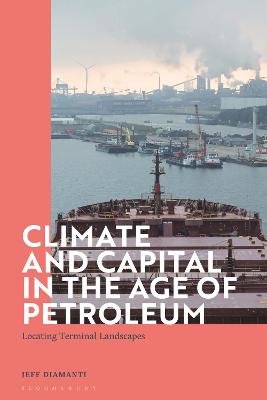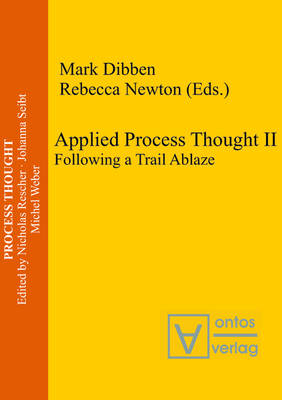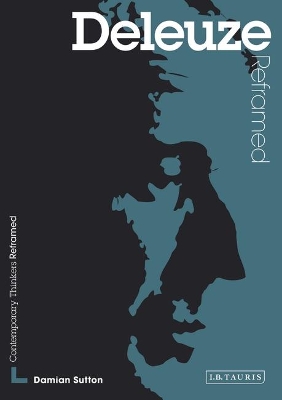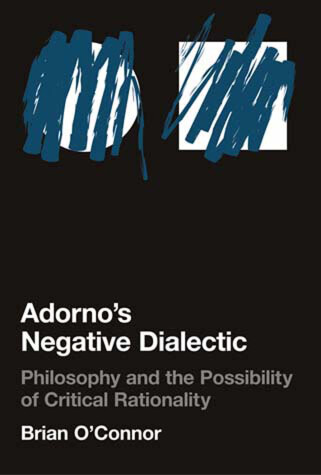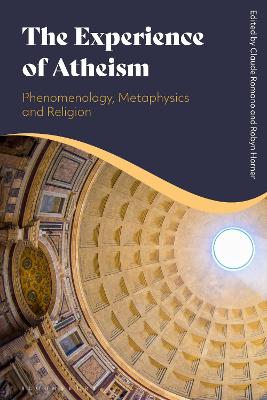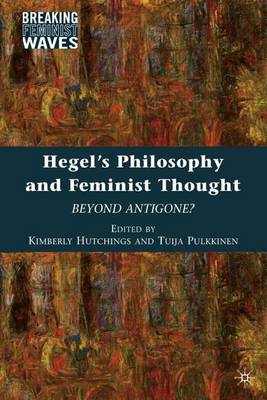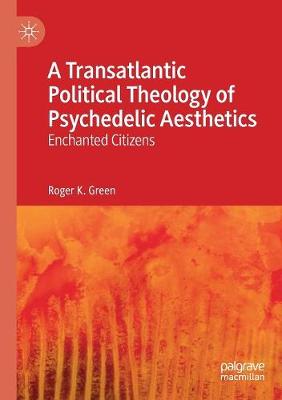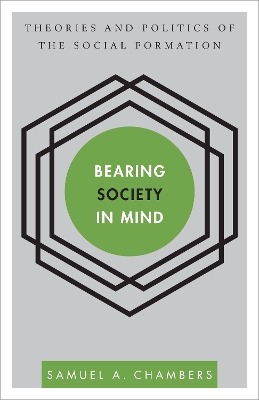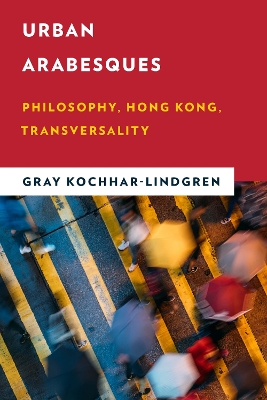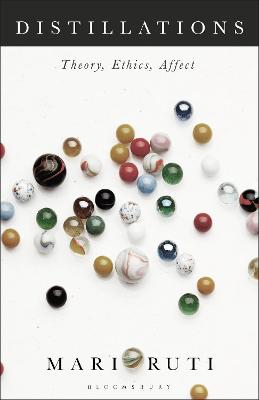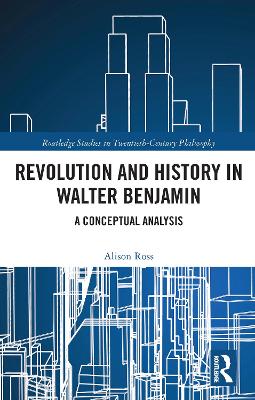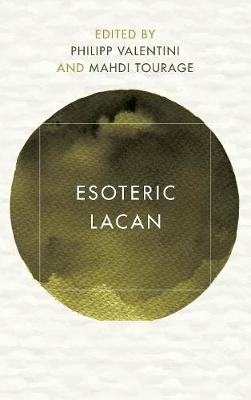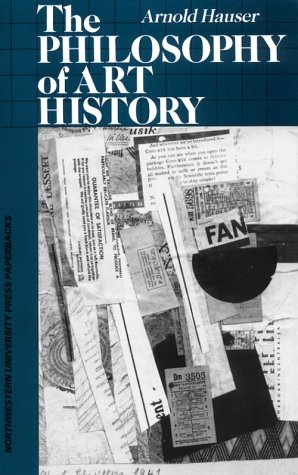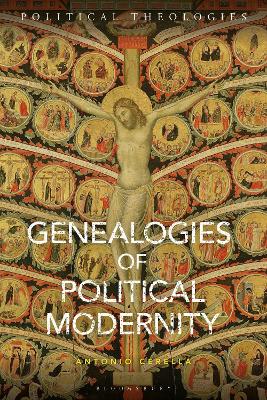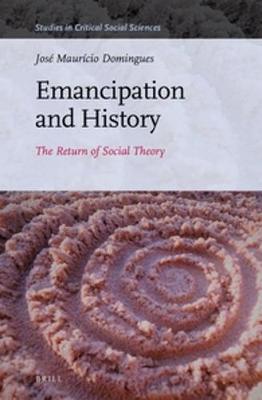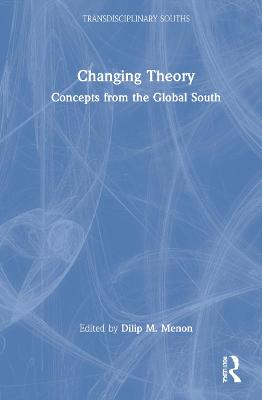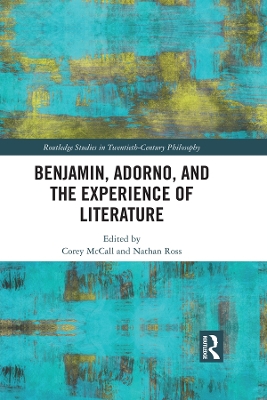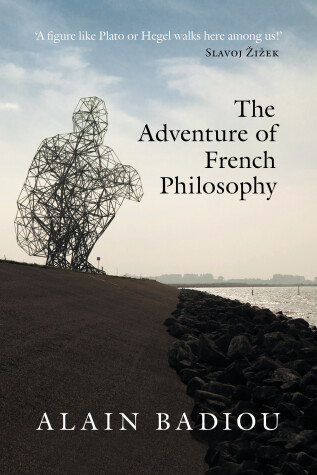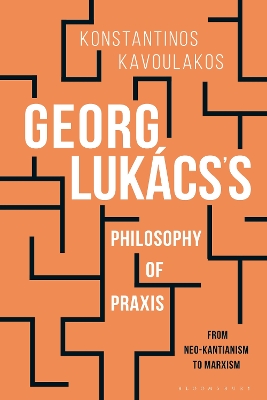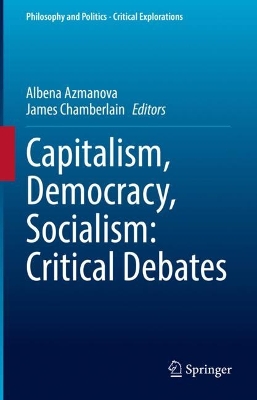Jeff Diamanti describes the destructive relationship between climate and capital through the exponential growth of the petroleum industry over the last 40 years. Building on key insights in the environmental and energy humanities, Diamanti introduces the concept of the 'terminal landscape' as a site of storage, transformation and transition, essential to critical ecology in the 21st century. Climate and Capital in the Age of Petroleum presents these scenes of transformation as sites through whi...
Applied Process Thought (Process Thought, #16)
Concentrating mainly on the process philosophy developed by Alfred North Whitehead, this series of essays brings together some of the newest developments in the application of process thinking to the physical and social sciences. These essays, by established scholars in the field, demonstrate how a wider and deeper understanding of the world can be obtained using process philosophical concepts, how the distortions and blockages inevitably inherent in substantivist talk can be set aside, and how...
Deleuze Reframed (Contemporary Thinkers Reframed)
by Damian Sutton and David Martin-Jones
Are your students baffled by Baudrillard? Dazed by Deleuze? Confused by Kristeva? Other beginners' guides can feel as impenetrable as the original texts to students who 'think in images'. "Contemporary Thinkers Reframed" instead uses the language of the arts to explore the usefulness in practice of complex ideas.Short, contemporary and accessible, these lively books utilise actual examples of artworks, films, television shows, works of architecture, fashion and even computer games to explain and...
Adorno's Negative Dialectic (Studies in Contemporary German Social Thought)
by Brian O'Connor
The purely philosophical concerns of Theodor W. Adorno's negative dialectic would seem to be far removed from the concreteness of critical theory; Adorno's philosophy considers perhaps the most traditional subject of "pure" philosophy, the structure of experience, whereas critical theory examines specific aspects of society. But, as Brian O'Connor demonstrates in this highly original interpretation of Adorno's philosophy, the negative dialectic can be seen as the theoretical foundation of the re...
Capital at the Brink reveals the pervasiveness, destructiveness, and dominance of neoliberalism within American society and culture. The contributors to this collection also offer points of resistance to an ideology wherein, to borrow Henry Giroux?s comment, ?everything either is for sale or is plundered for profit.? The first step in fighting neoliberalism is to make it visible. By discussing various inroads that it has made into political, popular, and literary culture, Capital at the Brink is...
The Experience of Atheism: Phenomenology, Metaphysics and Religion
Religious and atheistic belief are presented anew in a volume of essays from leading phenomenologists in both France and the UK. Atheism, often presented as the negation of religious belief, is here engaged with from a phenomenologically informed notion of experience. The focus on experience, sparks new debates in readings of belief, faith and atheism as they relate to and complicate each other. What unites the contributors is their relationship to phenomenology as it has developed in France in...
Modernity and the Text
The study of Austrian and German modernist literature has a long and venerable history in this country. There have been no attempts yet, however, to reassess German and Austrian literary modernism in light of current discussion of modernity and postmodernity. Addressing a set of historical and theoretical questions central to current reevaluations of modernism, this volume presents American readers with a state-of-the-art account of German modernism studies in the eighties. Essays by Jochen Sch...
Hegel's Philosophy and Feminist Thought (Breaking Feminist Waves)
Although Hegel and feminism seem an unlikely couple, Hegelian philosophy played a prominent part in the thinking of groundbreaking feminist philosophers from Simone de Beauvoir to Luce Irigaray. This book offers a new generation of feminist readings of Hegel from leading scholars in the both fields. Through close readings and innovative arguments, this book makes a significant contribution to the debate on gender and provides insight into philosophical method.
A Transatlantic Political Theology of Psychedelic Aesthetics
by Roger K Green
Arguing that we ought to look to psychedelic aesthetics of the 1960s in relation to current crises in liberal democracy, this book emphasizes the intersection of European thought and the psychedelic. The first half of the book focuses on philosophical influences of Herbert Marcuse and Antonin Artaud, while the second half shifts toward literary and theoretical influences of Aldous Huxley on psychedelic aesthetics. Framed within an emergent discourse of political theology, it suggests that taking...
Political and economic models of society often operate at a level of abstraction so high that the connections between them, and their links to culture, are beyond reach. Bearing Society in Mind challenges these disciplinary boundaries and proposes an alternative framework-the social formation. The theory of social formation demonstrates how the fabric of society is made up of threads that are simultaneously economic, political, and cultural. Drawing on the work of theorists including Marx, Alt...
Urban Arabesques examines philosophy as an event of the city and the city as an event of philosophy and how the intertwining of the two generates an urban imaginary. This critique-in-motion of creative figures and conceptual personae from (non) philosophy illuminates the emergence of sense in the city, shows how "transcendental empiricism" operates within it, and how the everyday life of the streets-the ordinariness of experience as well as the screen/projector of urban surfaces-uncovers new pat...
Distilling into concise and focused formulations many of the main ideas that Mari Ruti has sought to articulate throughout her writing career, this book reflects on the general state of contemporary theory as it relates to posthumanist ethics, political resistance, subjectivity, agency, desire, and bad feelings such as anxiety. It offers a critique of progressive theory’s tendency to advance extreme models of revolt that have little real-life applicability. The chapters move fluidly between seve...
Revolution and History in Walter Benjamin (Routledge Studies in Twentieth-Century Philosophy)
by Alison Ross
This book places Benjamin’s writing on revolution in the context of his conception of historical knowledge. The fundamental problem that faces any analysis of Benjamin’s approach to revolution is that he deploys notions that belong to the domain of individual experience. His theory of modernity with its emphasis on the disintegration of collective experience further aggravates the problem. Benjamin himself understood the problem of revolution to be primarily that of the conceptualization of coll...
Jacques Lacan is a seminal figure in the history of thought, whose radical contributions to thinking on subjectivity, sexuality and language are hugely influential. However, Lacan's engagements with religion - and specifically with traditions beyond the hegemonic European tradition - have not received the attention they deserve. Lacan himself translated Taoist texts, studied Maimonides' The Guide for the Perplexed and engaged with occultism, Sufism and the Kabbalistic tradition. This book offe...
First published in 1959, this book is concerned with the methodology of art history, and so with questions about historical thinking; it enquires what scientific history of art can accomplish, what are its mean and limitations? It contains philosophical reflections on history and begins with chapters on the scope and limitations of a sociology of art, and the concept of ideology in the history of art. The chapter on the concept of "art history without names" occupies the central position in the...
Genealogies of Political Modernity (Political Theologies)
by Dr. Antonio Cerella
What is political modernity? And how much of its concepts and structures has changed or remained the same with the advent of the so-called globalization? What does it mean, from a political perspective, that we live in a postmodern era? This book discusses these issues in light of the key authors and texts of the continental philosophical tradition: from Carl Schmitt to Giorgio Agamben, from Thomas Hobbes to Michel Foucault. Looking at the roots of the current historical crisis that characterize...
Emancipation and History (Studies in Critical Social Sciences, #114)
by Jose Mauricio Domingues
Assessing critical theory today, Jose Mauricio Domingues' Emancipation and History focuses on the connection between history and emancipation, centering on the trends that structure modernity and may lead us beyond it. Classical and contemporary sociology and social theory are mobilized to recover a robust theory capable of going beyond recurrent empirical, and therefore weaker, perspectives in emancipatory thought. Collective subjectivity and social creativity, history and sociology, analytical...
Changing Theory
This book is an original, systematic, and radical attempt at decolonizing critical theory. Drawing on linguistic concepts from 16 languages from Asia, Africa, the Arab world, and South America, the essays in the volume explore the entailments of words while discussing their conceptual implications for the humanities and the social sciences everywhere. The essays engage in the work of thinking through words to generate a conceptual vocabulary that will allow for a global conversation on social th...
This collection features original essays that examine Walter Benjamin’s and Theodor Adorno’s essays and correspondence on literature. Taken together, the essays present the view that these two monumental figures of 20th-century philosophy were not simply philosophers who wrote about literature, but that they developed their philosophies in and through their encounters with literature. Benjamin, Adorno, and the Experience of Literature is divided into three thematic sections. The first section c...
The Adventure of French Philosophy is essential reading for anyone interested in what Badiou calls the "French moment" in contemporary thought. Badiou explores the exceptionally rich and varied world of French philosophy in a number of groundbreaking essays, published here for the first time in English or in a revised translation. Included are the often-quoted review of Louis Althusser's canonical works For Marx and Reading Capital and the scathing critique of "potato fascism" in Gilles Deleuze...
Georg Lukacs' early Marxist philosophy of the 1920s laid the foundations of Critical Theory. However the evaluation of Lukacs' philosophical contribution has been largely determined by one-sided readings of eminent theorists like Adorno, Habermas, Honneth or even Lukacs himself. This book offers a new reconstruction of Lukacs' early Marxist work, capable of restoring its dialectical complexity by highlighting its roots in his neo-Kantian, 'pre-Marxist' period. In his pre-Marxist work Lukacs s...
Kritische Theorie des Hoerens (Studien Zur Kritischen Theorie)
by Martin Mettin
Political Loneliness: Modern Liberal Subjects in Hiding examines the political significance of the experience of loneliness. The book conceives of loneliness as a symptom of the political alienation of modern life. Its central claim is that neoliberal subjectivity has rendered us lonely. That is, that the political structures we have inherited from the liberal tradition-such as the anonymity of the vote, or the emphasis on representation rather than deliberation-have left us hidden from one anot...
Capitalism, Democracy, Socialism: Critical Debates (Philosophy and Politics - Critical Explorations, #22)
This book critically analyzes the current historical conjuncture of neoliberal capitalism with an eye to its emergent alternatives. Can democracy and capitalism thrive together? Is socialism a viable and a desirable alternative? What are the forms of emancipatory action and critical thought that can effectively chart a way forward? Focusing on nine “critical debates” it provides a uniquely comprehensive overview of the tensions, contradictions, and latent emancipatory potential of contemporary...
